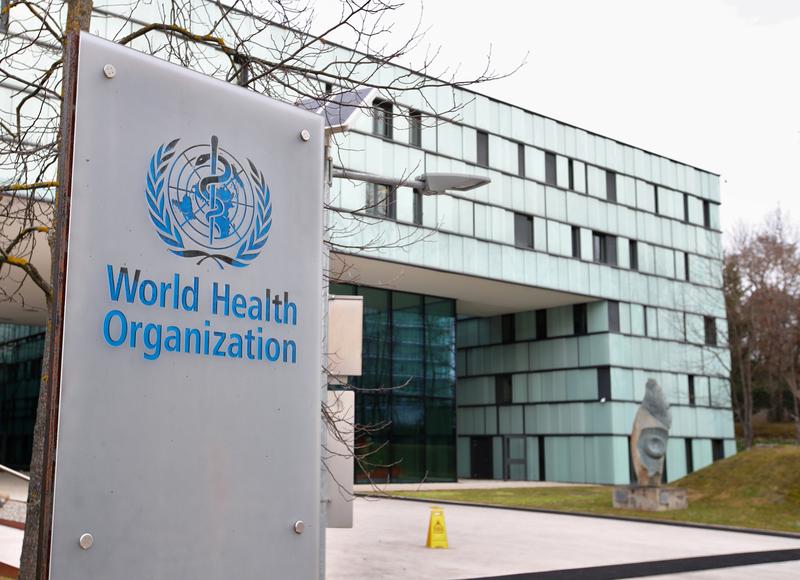JAKARTA, Feb 9 — Indonesia’s Health Ministry and the World Health Organisation (WHO) have signed the Grant Agreement and Joint Work Plan WHO Biennium 2024-2025, to support the implementation of various health programmes.
In Jakarta on Wednesday (February 7), the Health Ministry’s Secretary General Kunta Wibawa Dasa Nugraha and WHO Indonesia’s representative Dr. N. Paranietharan inked the agreement that continues a similar agreement reached for the 2023-2024 period.
“This agreement does not merely sustain solid partnership between the two parties but also pushes us to collaborate to implement the WHO General Programme of Work and National Medium Term Development Plan 2020-2024,” Dasa noted in a statement received from the ministry here on Thursday.
He also stated that the agreement was reached to support Indonesia’s strategic health activities, with the end goal of implementing the ministry’s pillars of health transformation with a sound level of accountability.
The secretary-general further explained that the agreement would push for the implementation of activities outlined in the Indonesia-WHO Joint Work Plan for the WHO Programme Budget 2024-2025.
Dasa remarked that the activities include implementation research that is expected to provide solutions to matters related to the health system, as instructed by Health Minister Budi Gunadi Sadikin.
In that context, he emphasised the importance of forging intense coordination between the Health Ministry’s Health Development Policy Agency (BKPK) and WHO to carry out implementation research to implement the Joint Work Plan.
Dasa then noted that under the agreement, Indonesia and WHO will collaborate to actualise health transformation, with a special focus on the promotion of a healthy lifestyle, expansion of immunisation programmes, push for health screening, and improvements in the quality and accessibility of primary health services.
“We are fully aware that health transformation is not an easy task. Therefore, it is necessary to push for cooperation among all stakeholders, including the WHO, to achieve common goals and create a better health system and better health services,” he concluded.
— Bernama





